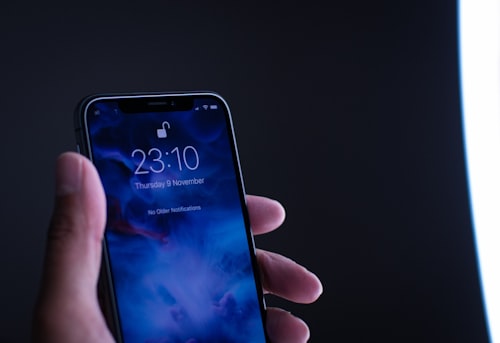Reference checks play a crucial role in the hiring process, providing valuable insights into a candidate's skills, work ethic, and suitability for a role. While traditional reference checks often involve phone calls, email reference checks have gained popularity due to their convenience and efficiency. In this comprehensive guide, we will explore the significance of email reference checks, discuss the best practices for conducting them, and provide a list of effective email reference check questions to help you make informed hiring decisions.
Chapter 1: The Benefits of Email Reference Checks
Email reference checks offer several advantages over traditional methods:
Efficiency: Email reference checks allow hiring managers to gather information at their own convenience without the need for scheduling phone calls. Both parties can respond at their convenience, saving time for everyone involved.
Documentation: With email reference checks, you have a written record of the responses, making it easier to review and compare candidates. Documentation also provides legal protection in case of disputes or discrepancies.
Thoughtful Responses: Email reference checks give references more time to craft thoughtful and detailed responses. They can refer to documents, review the candidate's performance history, and provide well-considered insights.
Chapter 2: Best Practices for Conducting Email Reference Checks
To ensure effective email reference checks, follow these best practices:
Obtain Consent: Before contacting a candidate's references, ensure that the candidate has provided their consent to contact the individuals listed.
Be Professional: Maintain a professional tone and approach in your email communication. Clearly state the purpose of the reference check and provide context about the role the candidate is being considered for.
Provide Clear Instructions: Clearly outline the type of information you are seeking and provide guidance on the preferred format and length of the responses.
Respect Confidentiality: Respect any confidentiality requests from the references and ensure that their responses are kept confidential as well.
Follow Up: If you don't receive a response within a reasonable timeframe, consider sending a gentle follow-up email as a reminder.
Chapter 3: Effective Email Reference Check Questions
When crafting email reference check questions, it's essential to gather specific information that will help you assess the candidate's suitability for the role. Here are some effective questions to consider:
How long have you known the candidate and in what capacity?
This question helps establish the reference's relationship with the candidate and provides context for their observations.
What were the candidate's key responsibilities in their previous role?
Gain insight into the candidate's job responsibilities to evaluate their relevant experience and skills.
Can you describe the candidate's work ethic and reliability?
Assessing the candidate's work ethic and reliability is crucial for determining their potential fit within your organization.
How does the candidate handle challenging situations and conflict resolution?
This question can provide valuable information about the candidate's problem-solving skills and ability to work in a team.
Did the candidate demonstrate strong communication skills?
Effective communication is vital for collaboration and productivity. Evaluate the candidate's ability to express ideas clearly and listen actively.
Were there any areas where the candidate excelled?
Identify the candidate's strengths and assess whether they align with the requirements of the role you are hiring for.
Can you provide an example of a time when the candidate faced adversity or a difficult challenge?
This question helps evaluate the candidate's resilience, adaptability, and problem-solving abilities.
Would you rehire the candidate if the opportunity arose?
This question provides valuable insight into the reference's overall assessment of the candidate's performance and suitability for future roles.
Chapter 4: Frequently Asked Questions
Q1: Are email reference checks as reliable as phone reference checks?
Email reference checks can be just as reliable as phone reference checks, provided that you ask targeted and well-crafted questions. The written responses can offer in-depth insights and can be reviewed and compared more easily than phone conversations.
Q2: How many references should I contact?
It is recommended to contact a minimum of three references to gather a comprehensive view of the candidate's abilities and performance. However, the number of references may vary based on the role and specific requirements.
Q3: Can I ask additional questions based on the reference's responses?
Absolutely! If a reference's response sparks additional questions or areas of interest, feel free to follow up with them via email to gather more information and clarify any uncertainties.
Q4: Should I only contact the references provided by the candidate?
While it is ideal to contact the references provided by the candidate, you can also explore other relevant individuals who may have worked closely with the candidate. However, ensure that you respect the candidate's privacy and seek their consent before contacting additional references.
Conclusion
Email reference checks offer a convenient and efficient way to gather valuable insights about candidates during the hiring process. By following best practices and asking effective questions, you can unlock valuable information that will assist you in making well-informed hiring decisions. Remember to respect confidentiality, maintain professionalism, and leverage the documented responses to compare candidates objectively. With the guidance provided in this guide, you can conduct email reference checks confidently and enhance the accuracy of your hiring process.



